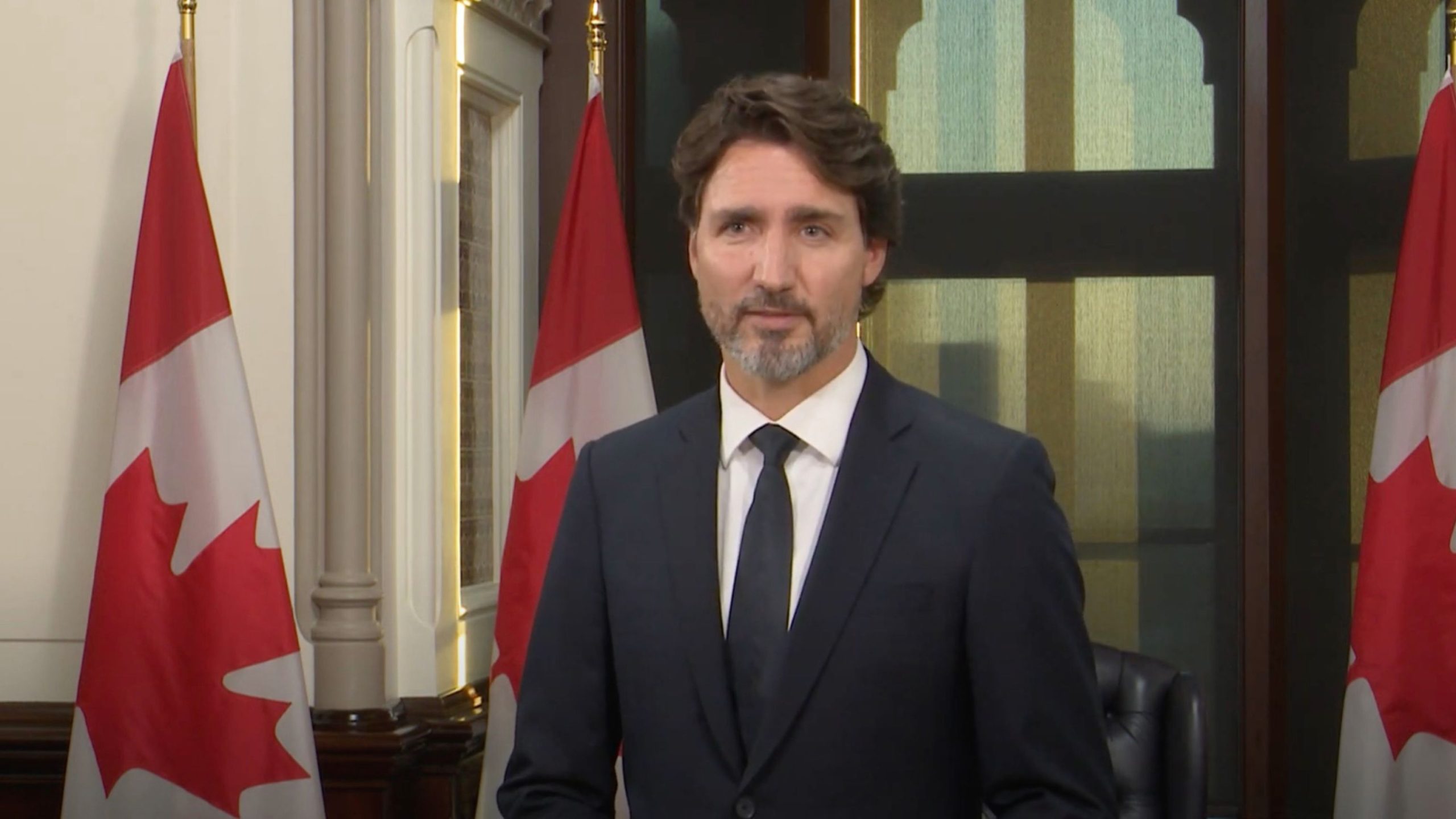In March 2021, newly-released documents reveal that the Trudeau administration was quietly advancing plans for a national vaccine passport system, part of a broader push toward integrating Canadians into an international digital ID framework.
These early discussions, uncovered through an Access to Information request and reported by Rebel News, show that the groundwork for linking vaccination status to digital credentials was being laid months before the program was publicly announced in July of that year.
At a time when Canadians were contending with strict lockdowns and travel restrictions, senior government officials were actively planning a vaccine certification framework. Their aim was to synchronize Canada’s efforts with international vaccine credential standards, aligning with global initiatives. This initiative, however, extended beyond public health concerns, as documents show industries like aerospace and automotive were lobbying for measures to restore business travel.
The emergence of Canada’s vaccine passport system, and its integration into broader digital platforms like the ArriveCAN app, highlights growing concerns about privacy and the persistent push by governments to implement expansive digital ID frameworks. Under the guise of public health measures, governments are steadily normalizing systems that collect, store, and link sensitive personal data, creating the infrastructure for a future dominated by digital surveillance and control.
Digital ID systems like these go far beyond COVID-19. By embedding such infrastructure within everyday activities, governments are positioning themselves to expand digital ID usage into other areas, including access to public services, financial systems, and even employment. Once such systems are in place, their scope inevitably broadens, as governments and corporations find new uses for the collected data.
The ArriveCAN app serves as a stark example of how quickly digital tools can be repurposed. Initially introduced as a pandemic tracking tool, it soon became mandatory for travelers to upload sensitive vaccination information, tied to their official identification. The app’s troubled rollout further underscored the risks: technical glitches resulted in thousands of travelers being erroneously ordered into quarantine, and revelations about skyrocketing costs, questionable contracts, and potential misuse of funds fueled public distrust.













